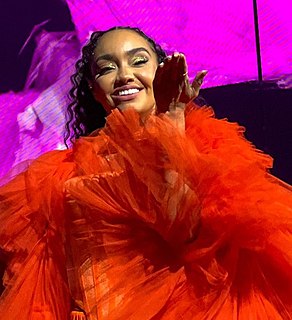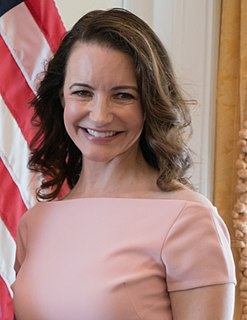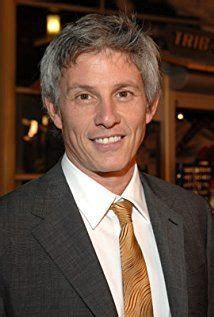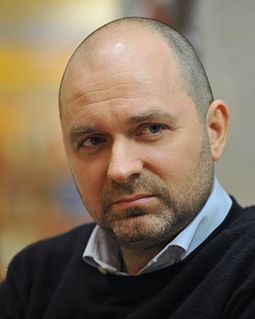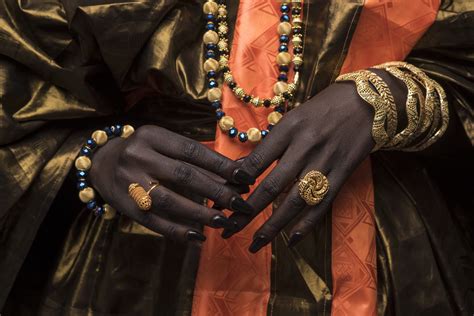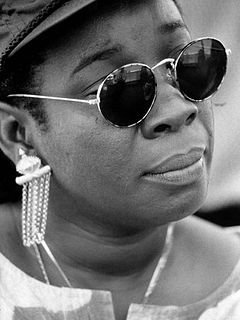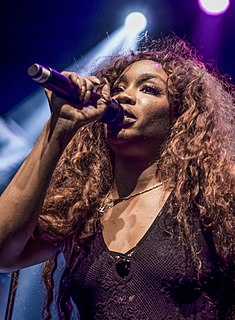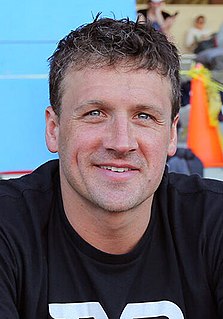A Quote by Leigh-Anne Pinnock
We know there aren't enough dark-skinned women that are being represented so that was something I really felt like I needed to talk about.
Related Quotes
Their leaving made me melancholy, though I also felt something like relief when they disappeared into the dark trees. I hadn't needed to get anything from my pack; I'd only wanted to be alone. Alone had always felt like an actual place to me, as if it weren't a state of being, but rather a room where I could retreat to be who I really was.
I'm educating myself more about world poetry. I know a lot about contemporary American poetry, so I felt I needed to learn more about figures like Borges, Akhmatova, Neruda, etc. I felt I needed a bigger lens to see poetry through. It really helps to see poetry as a world language, and not just something American.
